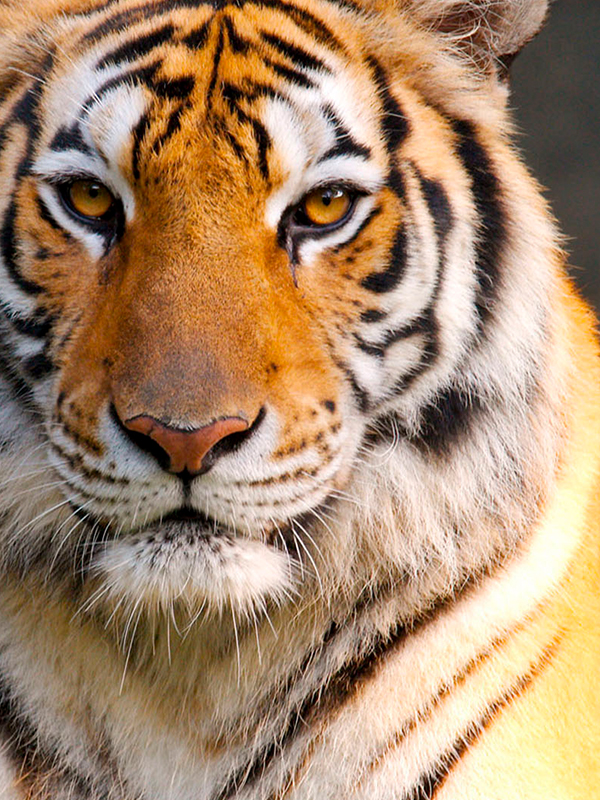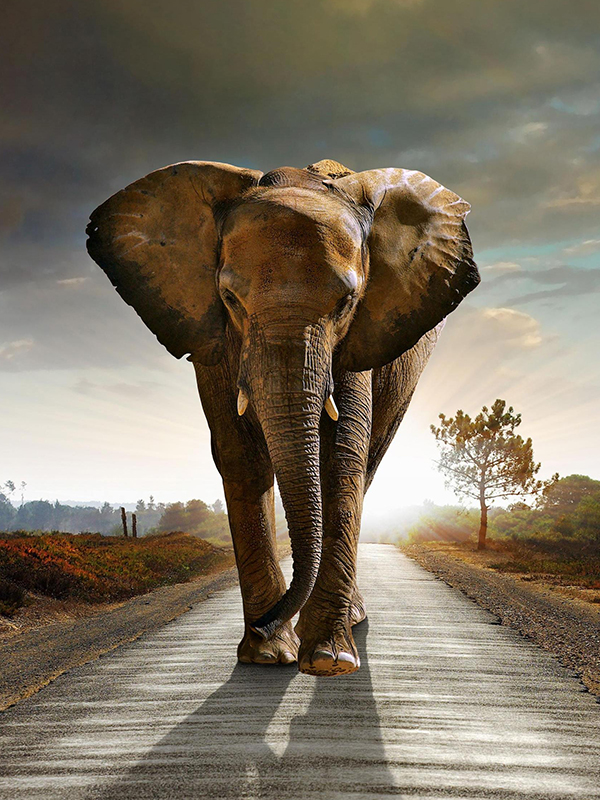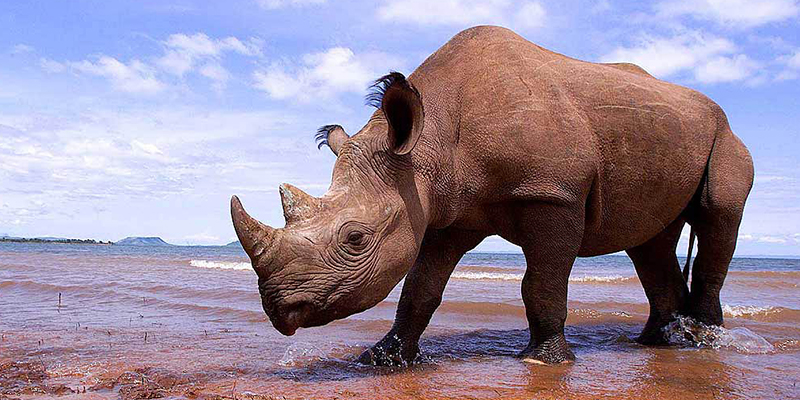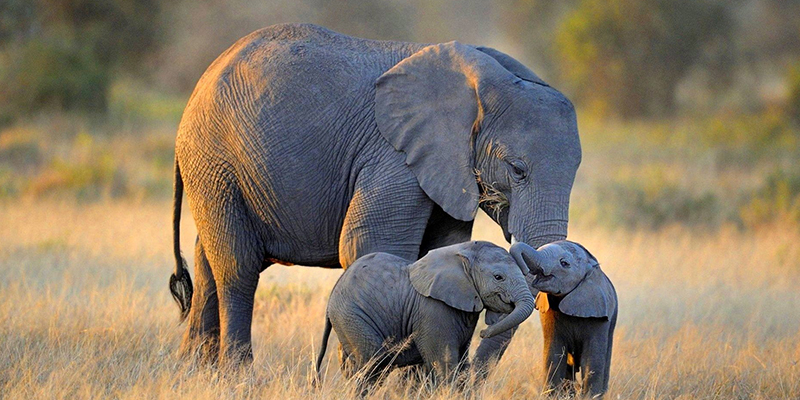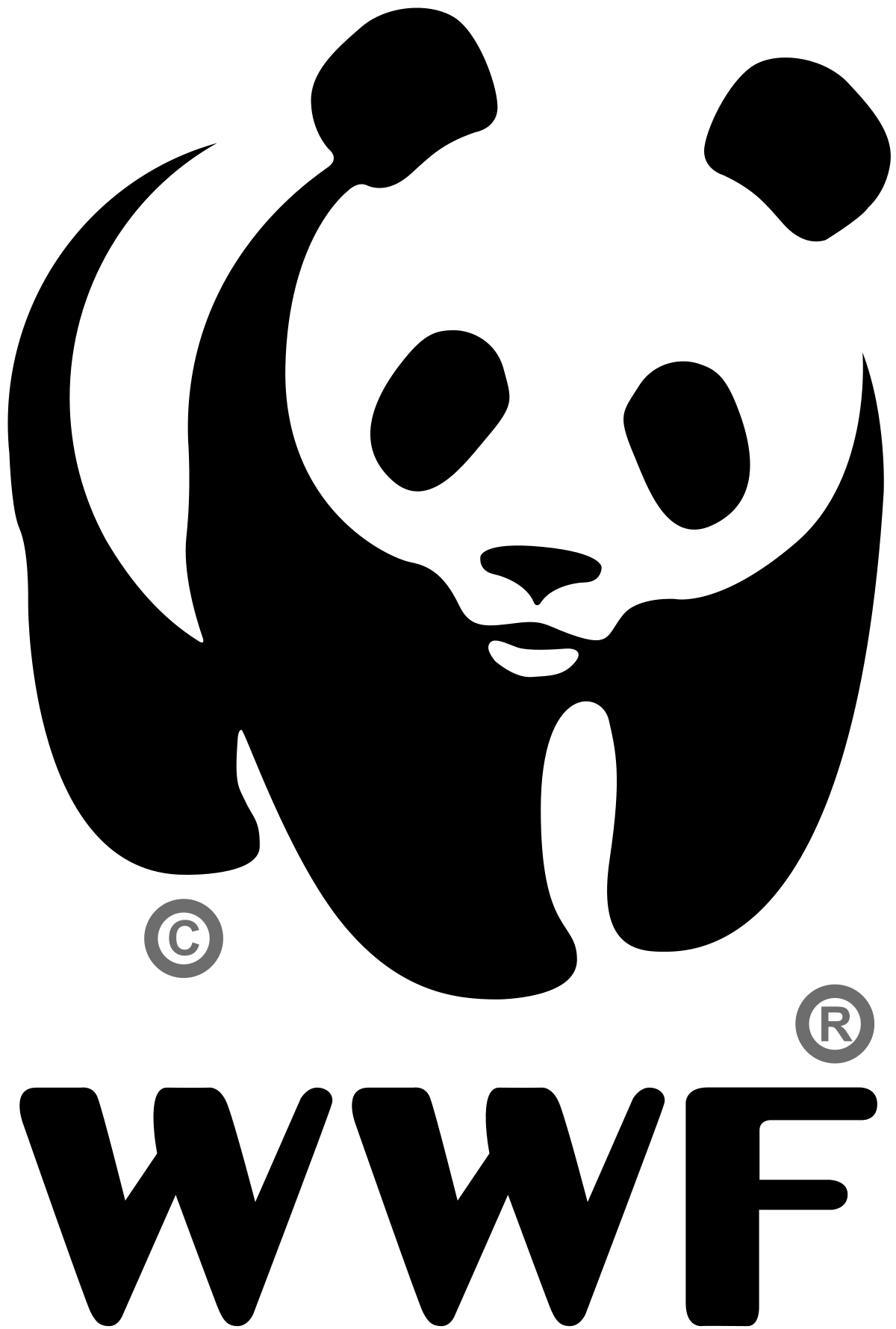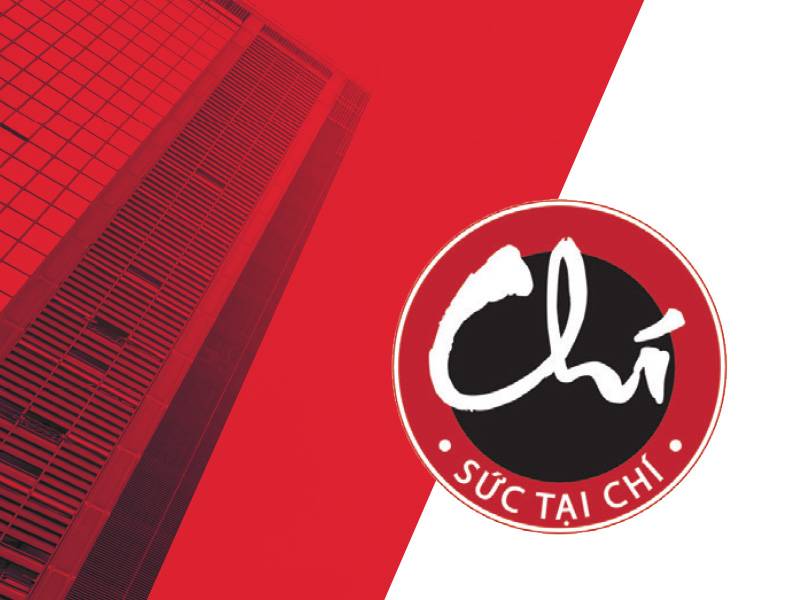The Social and Behavioural Change Community of Practice was convened at the first international Conference on 'Changing Behaviour to Reduce Demand for Illegal Wildlife Products' held in Hong Kong in March, 2016. Since then, the Community has been growing and joint by new members with an interest and stake in influencing wildlife product consumer behaviour. With the generous support by donors including USAID, through the Wildlife Trafficking Response, Assessment and Priority Setting (Wildlife TRAPS) project and the German Polifund project, implemented by GIZ, TRAFFIC, the wildlife trade monitoring network, has been holding the role as administrator for the Toolkit and its contents since its inception;

